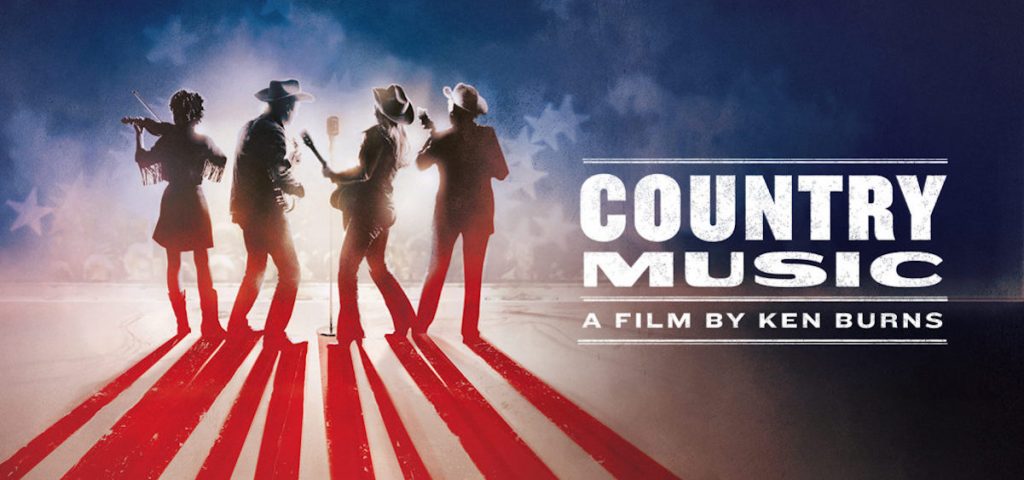Communiqué
Usher in the Era of Rockabilly on “Country Music” – Thursday, September 3 at 8 pm
< < Back toCountry Music
I Can’t Stop Loving You (1953 -1963)
In this episode of County Music, travel to Memphis, where Sun Studios artists Johnny Cash and Elvis Presley usher in the era of rockabilly. Ray Charles crosses America’s racial divide by recording a country album and Patsy Cline shows off Music City’s smooth new Nashville Sound.
Step back in time and journey through the compelling history of a truly American art form when COUNTRY MUSIC, I Can’t Stop Loving You (1953 -1963) airs – Thursday, September 3 at 8 pm on WOUB.
 The documentary, written by Dayton Duncan, chronicles the highs and lows of country music’s early days, from southern Appalachia’s songs of struggle, heartbreak and faith to the rollicking Western swing of Texas, California’s honky-tonks and Nashville’s “Grand Ole Opry.” The film follows the evolution of country music over the course of the 20th century as it eventually emerges to become “America’s music.”
The documentary, written by Dayton Duncan, chronicles the highs and lows of country music’s early days, from southern Appalachia’s songs of struggle, heartbreak and faith to the rollicking Western swing of Texas, California’s honky-tonks and Nashville’s “Grand Ole Opry.” The film follows the evolution of country music over the course of the 20th century as it eventually emerges to become “America’s music.”
COUNTRY MUSIC explores crucial questions –– “What is country music?” and “Where did it come from?”–– while focusing on the biographies of the fascinating trailblazers who created and shaped it — from the Carter Family, Jimmie Rodgers, Bill Monroe and Bob Wills to Hank Williams, Patsy Cline, Johnny Cash, Merle Haggard, Loretta Lynn, Charley Pride, Willie Nelson, Dolly Parton, Emmylou Harris, Garth Brooks and many more — as well as the times in which they lived. Much like the music itself, the film tells unforgettable stories of hardships and joys shared by everyday people.
At the heart of every great country music song is a story,” said Ken Burns. “As the songwriter Harlan Howard said, ‘It’s three chords and the truth.’ The common experiences and human emotions speak to each of us about love and loss, about hard times and the chance of redemption. As an art form, country music is also forever revisiting its history, sharing and updating old classics and celebrating its roots, which are, in many ways, foundational to our country itself.”
“We discovered that country music isn’t –– and never was –– one type of music; it actually is many styles,” said Dayton Duncan. “It sprang from diverse roots, and it sprouted many branches. What unites them all is the way the music connects personal stories and elemental experiences with universal themes that every person can relate to. And as it evolved, from the bottom up, it created a special bond between the artists and fans that is unique among all other musical genres.”

